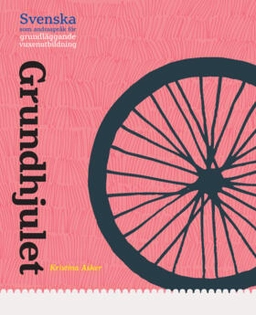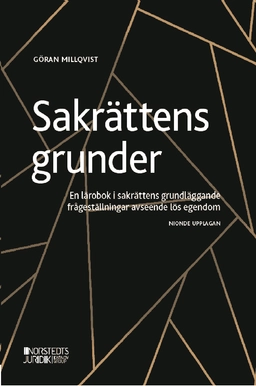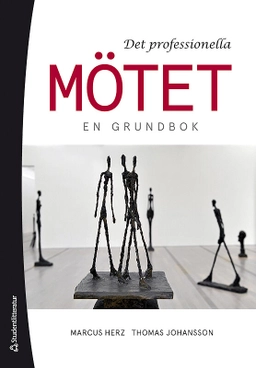Living with diabetes, as a lifelong illness, is interlaced with learning and to face continual changes. However, the role of time in this learning process is not yet well understood. The overall aim of the thesis was to gain a deepened understanding of learning to live with diabetes for those recently diagnosed and over a three year period. The thesis, involving four studies where qualitative inductive content analysis (I, III) and phenomenological hermeneutical interpretation (II, IV) were used, has a lifeworld approach and a qualitative and longitudinal design. Thirteen persons, recently diagnosed with diabetes (type I or II), were interviewed on three different occasions over a three year period. All interviews focused on the experience of living with diabetes and situations where diabetes had to be taken into account. The aim of study I was to reach an understanding of how learning to live with diabetes is experienced in the first 2 months after diagnosis. The findings revealed to be taken over by a new reality, with a body that played a role in life with the health care service as a necessary partner. The aim of study II was to illuminate the meaning of learning to live with diabetes three years after being diagnosed. The findings revealed learning as making decisions through use of different sources of information and as solving the life-puzzle - a delicate balance to create a desired life. The aim of study III was to identify patterns in learning when living with diabetes, from recently being diagnosed, and over a 3-year period. In the findings five patterns were identified illuminating different learning processes emerging over time. A longer time living with diabetes did not per se mean increased satisfaction in living well with illness or increased confidence in understanding one's own needs. The aim of the IV study was to illuminate the meanings of trigger situations in learning to live with diabetes. The findings revealed trigger situations, such as bein.
Åtkomstkoder och digitalt tilläggsmaterial garanteras inte med begagnade böcker





















